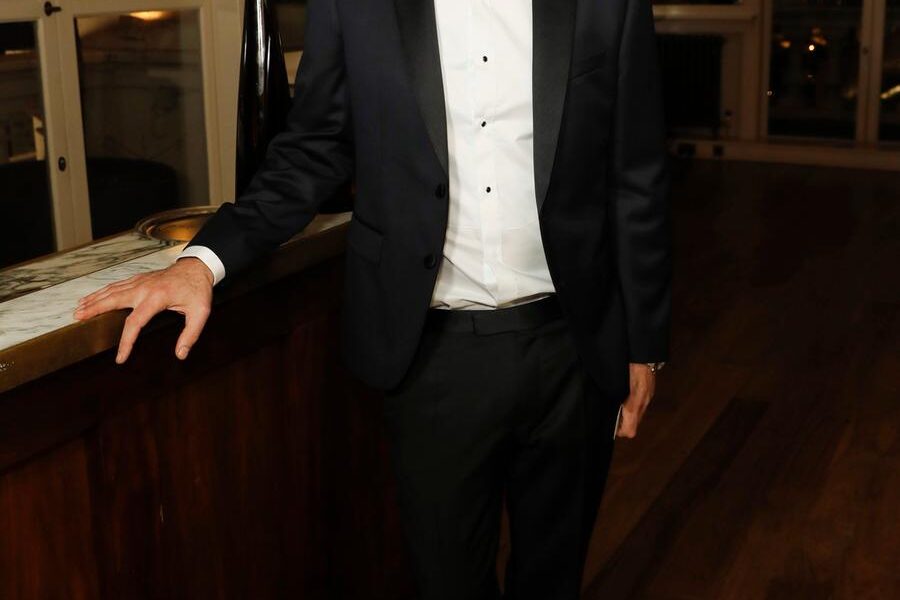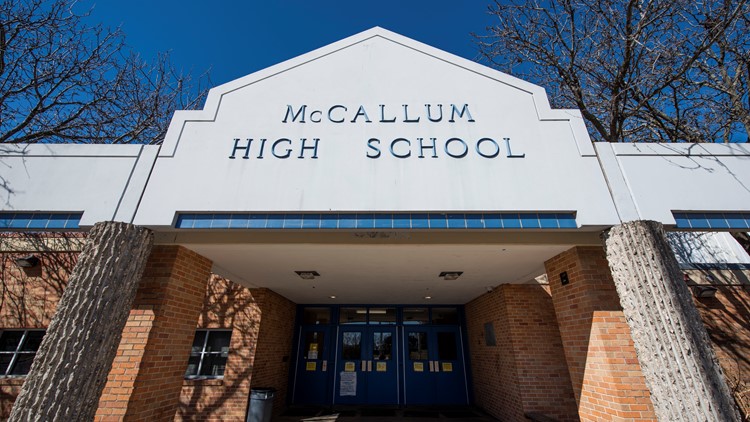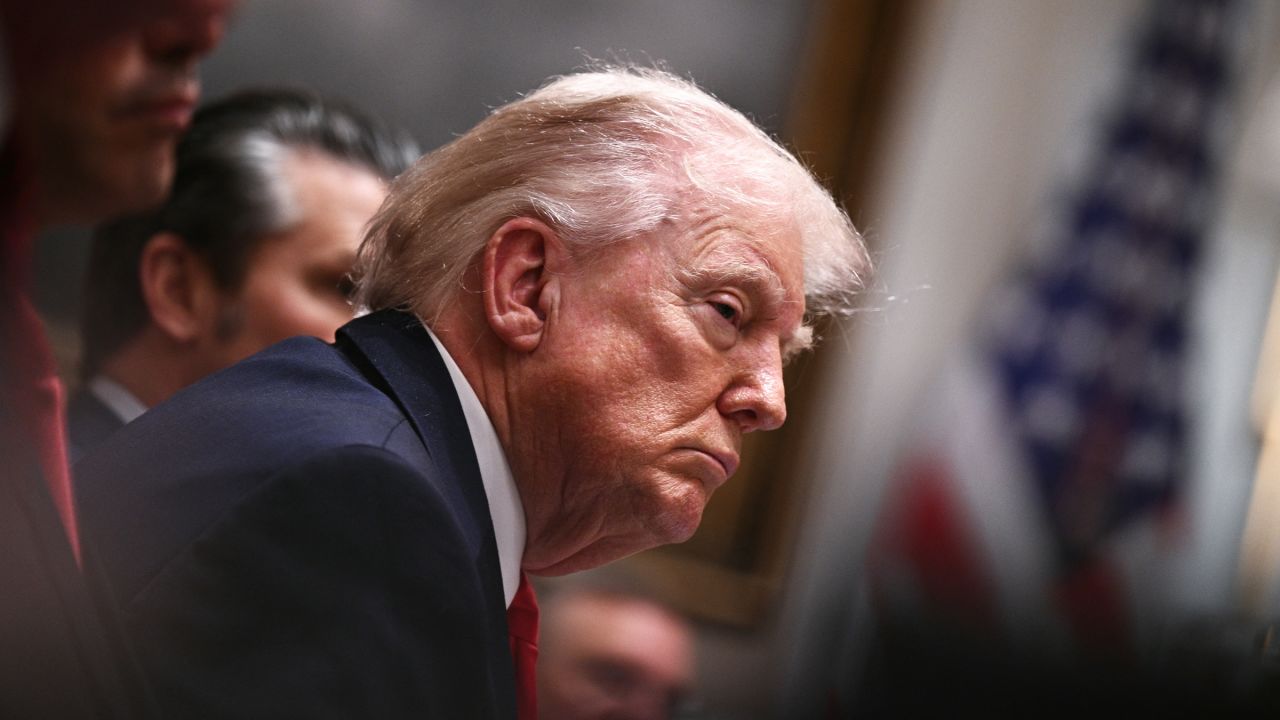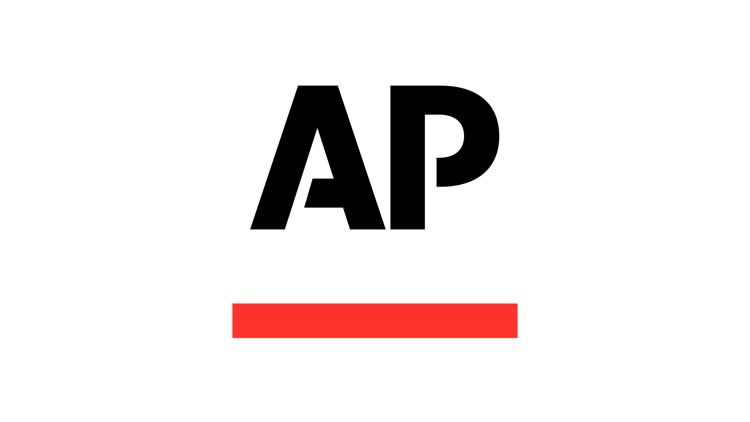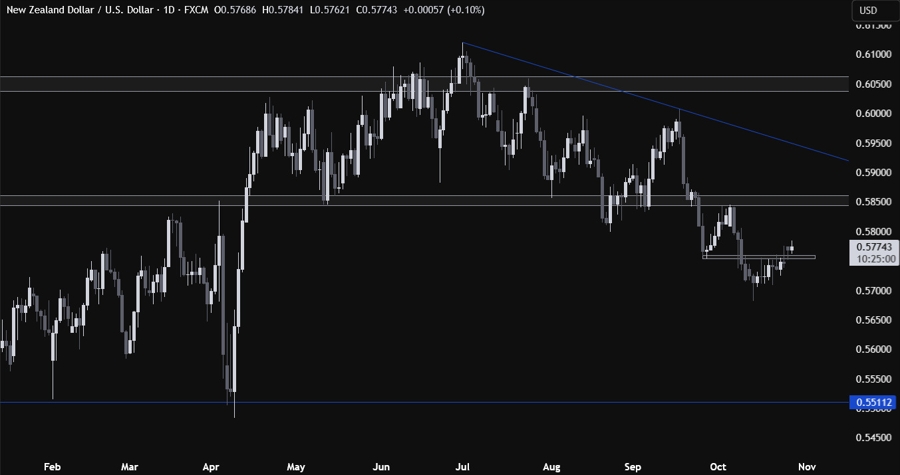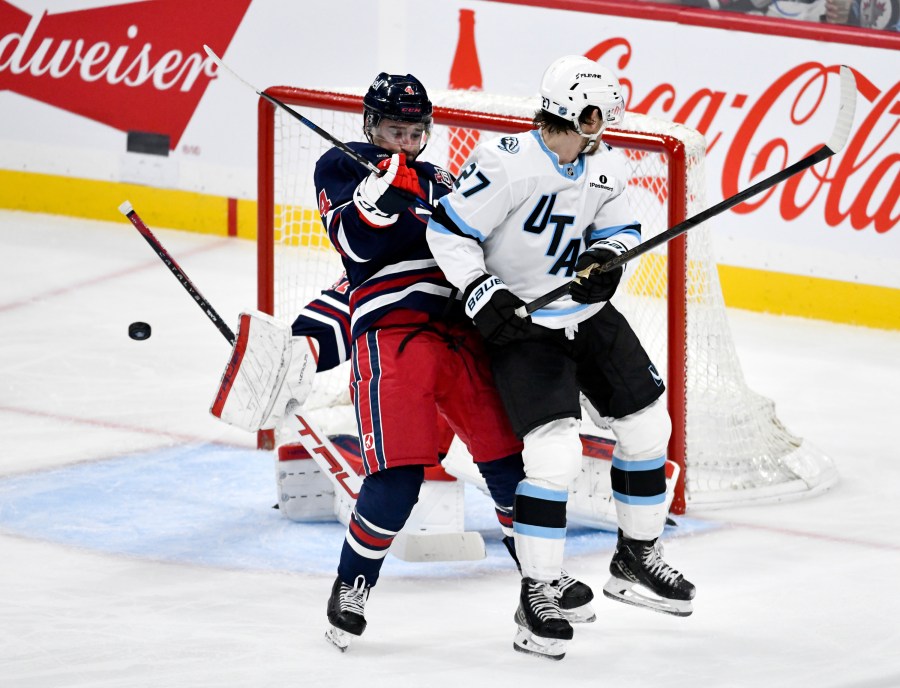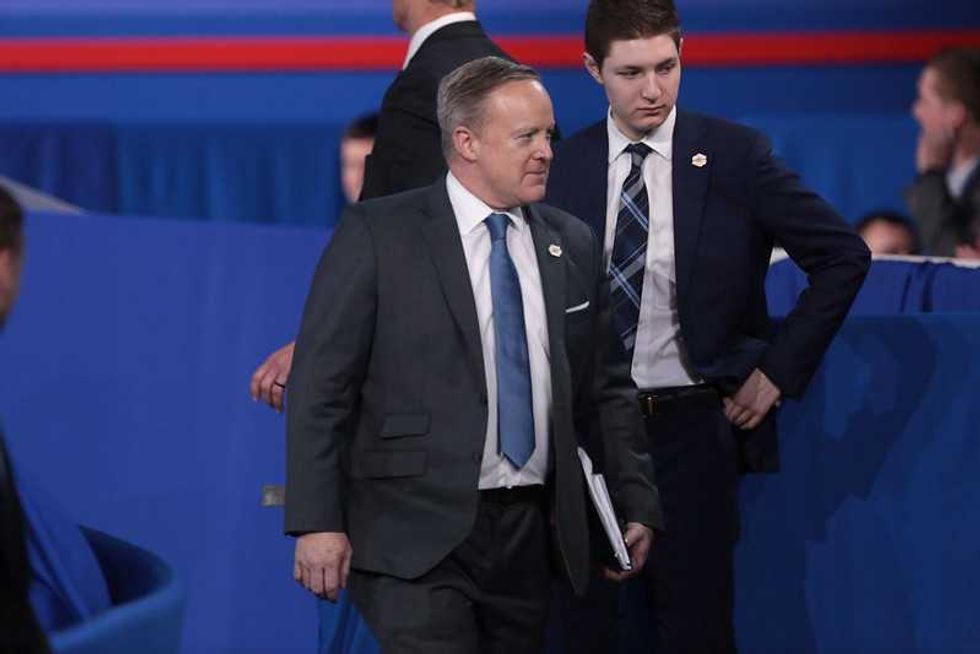BREAKING: Bob Vylan, frontman of the punk band Bob Vylan, revealed in a recent podcast that BBC staff labeled their Glastonbury performance as “fantastic.” This statement comes after Vylan led a controversial chant of “death, death to the IDF” during their set, igniting a firestorm of discussion around the implications of his words.
In an episode of The Louis Theroux Podcast released earlier today, Vylan recounted the reaction from BBC employees, stating: “We come off stage. It’s normal. Nobody thought anything. Even staff at the BBC were like ‘That was fantastic! We loved that!’” His remarks highlight the stark divide between audience reception and the intense scrutiny that followed.
Louis Theroux, known for his long career with the BBC, questioned Vylan about whether the chant was a strategic distraction. Theroux argued, “You could argue that it gave them an opportunity to distract millions of people… The problem is, we got a punk rock artist saying, ‘Death to the IDF.’” This conversation strikes at the heart of a broader societal issue, raising concerns about media narratives and public perception.
The podcast, touted as Vylan’s first in-depth interview since the Glastonbury festival, covers critical topics including the meaning behind the chant, recent figures on antisemitism from the Community Security Trust (CST), and the BBC’s response. When Theroux pressed Vylan on the implications of his words, Vylan reflected, “I was talking to the team… I don’t think there’s any chant that starts with death that I’d be especially comfortable with.”
The fallout from the performance has raised significant concerns within the Jewish community. Theroux referenced reports of an uptick in antisemitic incidents following the Glastonbury set, asking Vylan if he acknowledged this potential impact. Vylan responded, “I saw it,” but questioned the validity of the CST’s statistics, stating, “What are they counting as antisemitic incidents?”
Amid these discussions, Vylan expressed his belief that he has not created an unsafe atmosphere for the Jewish community, asserting, “If there were large numbers of people going out and going like ‘Bob Vylan made me do this’, I might go, oof, I’ve had a negative impact here.” His comments reflect a growing tension between free expression and accountability in artistic performances.
Perhaps the most alarming assertion came when Vylan shared his views on Zionism, stating, “Ultimately the fight is against white supremacy… I think white supremacy is displayed so vividly in Zionism.” This controversial stance has sparked outrage and concern among various communities.
In response, Leo Pearlman, CEO of entertainment group Fulwell, criticized the podcast for offering Vylan a platform without sufficient challenge. Pearlman stated, “When you give a microphone to someone who proudly repeats a genocidal chant… it’s complicity dressed up as curiosity.” His comments underscore the responsibility of media figures in addressing hate speech.
The episode of The Louis Theroux Podcast, now available on Spotify, is stirring intense debate over the intersection of art, free speech, and social responsibility. As discussions continue, many are left questioning the role of artists in shaping public discourse and the media’s responsibility in amplifying controversial voices.
As the fallout from Vylan’s statements continues to unfold, audiences and communities are urged to engage critically with the issues at hand. The implications of his words extend far beyond the stage, touching on deeply rooted societal tensions.
Stay tuned for more updates on this developing story as the conversation around Vylan’s performance and its aftermath evolves.

